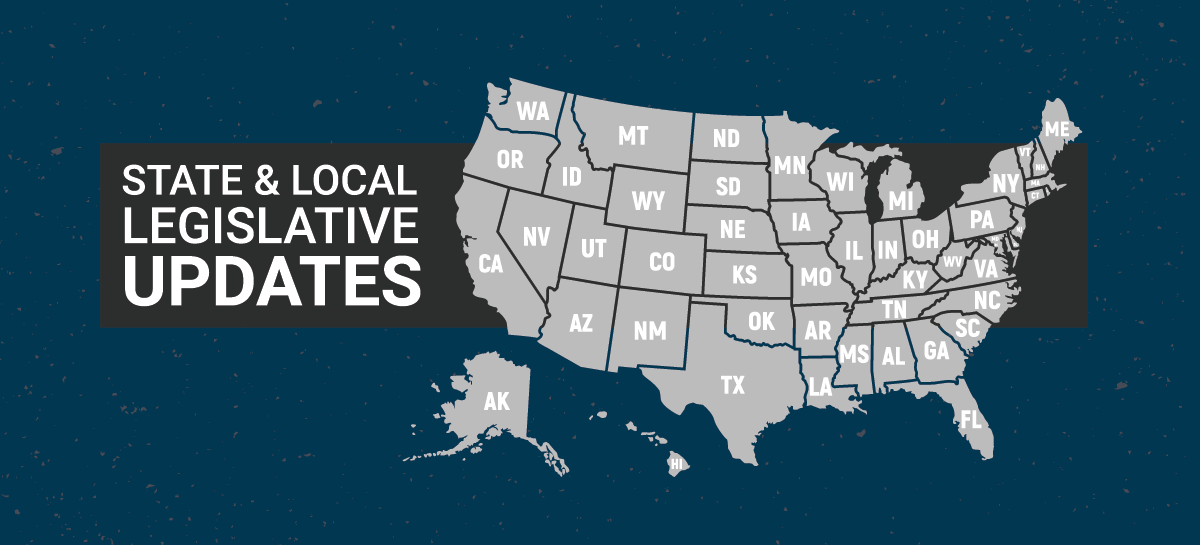
Delaware Issues Regulations for Paid Family and Medical Leave – The Delaware Division of Paid Leave has published final regulations for the state’s paid family and medical leave program (PFML), which begins providing benefits Jan. 1, 2026. The new regulations amend the previous rules to provide new definitions of “application year” and “employee” under the program, guidance for self-insured employers, and modifications to information collected by the Division. There are also revisions that align the regulations with amendments previously made to the PFML statute. PFML contributions from employees and employers began in January 2025.
Continue reading




